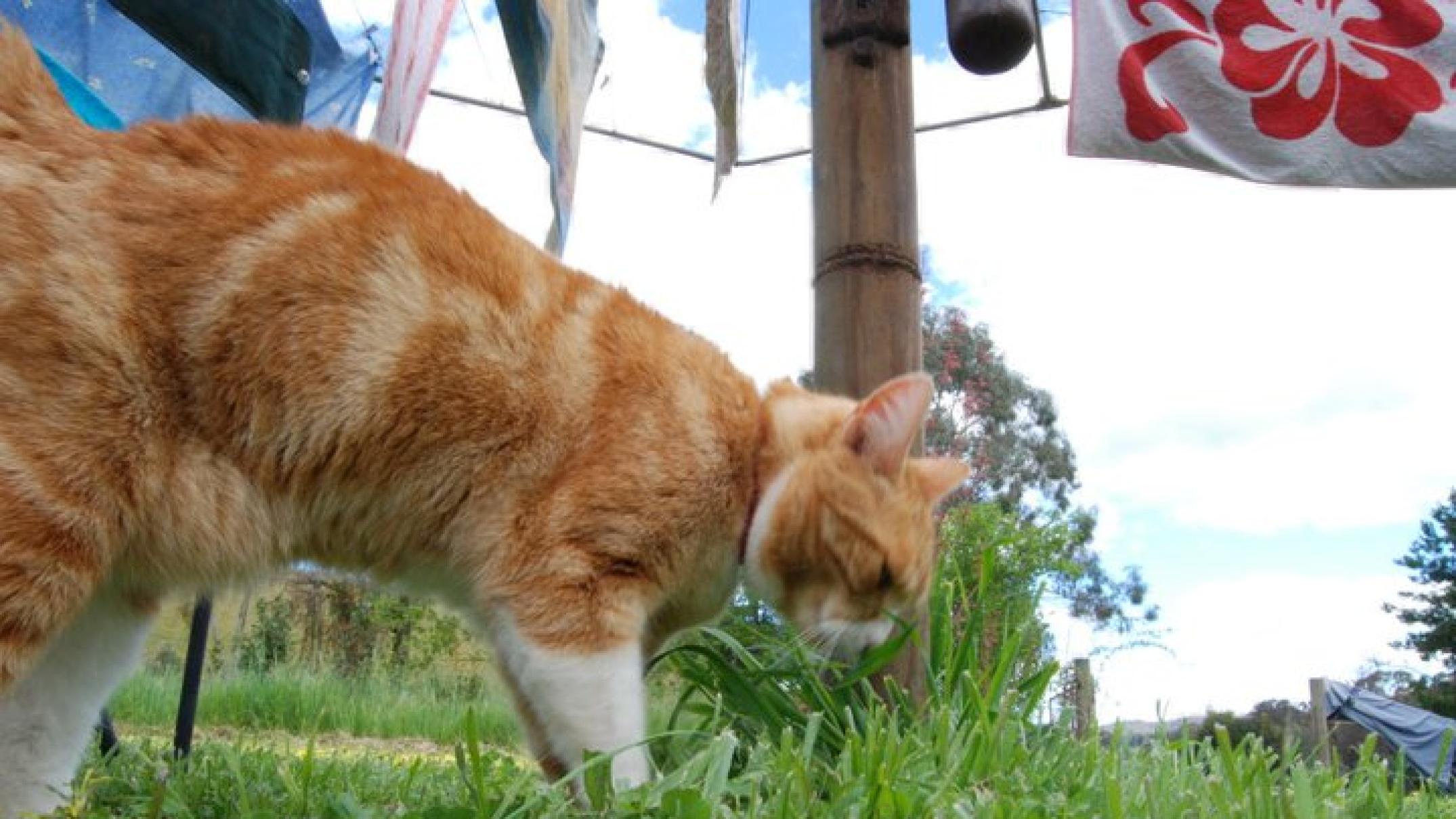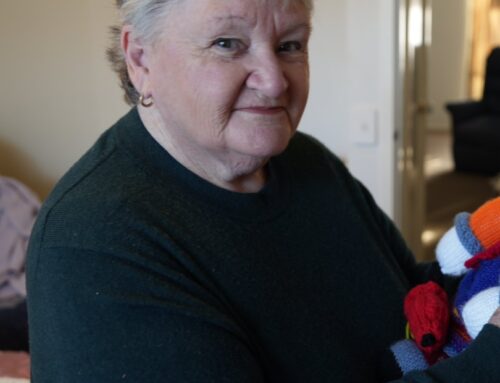The owner of a cat filmed urinating on children’s toys in a neighbour’s backyard is the first person to be fined under Mount Barker District Council’s new bylaw.
Key points:
- The Mount Barker District Council implemented its cat curfew in July 2020
- The council has received 120 complaints since but it has just issued its first expiation notice
- The RSPCA wants a statewide approach to cat management
A cat curfew was implemented in the Adelaide Hills district from July last year, banning owners from letting their cats outside between 8:00pm and 7:00am.
The council’s health and public safety manager, Jamie Tann, said it had received 120 complaints about nuisance cats from members of the public since but the recent $112 expiation notice was its first.
“It was an ongoing issue because, unfortunately, an owner’s cat was getting into someone’s yard on a regular basis,” he told ABC Radio Adelaide.
Mr Tann said the situation then went quiet for a time until the resident started complaining to the council again.
He said the council responded by issuing a fine because it had already spoken with the cat owner.
“We undertake an investigation to make sure the actual offence of the bylaw is being committed,” Mr Tann said.
“The resident also happened to have quite good CCTV footage in their own property.
“A picture tells a thousand words.”
Stray cats on the nose
Councils across Greater Adelaide in recent years have been ramping up their efforts to deal with roaming cats with several introducing bylaws that imposed curfews and confinement laws.
They are aimed at better protecting native animals from predatory behaviour and preventing nuisance cats from entering other people’s backyards and urinating on property.
RSPCA SA chief executive officer Paul Stevenson backed cat curfews and said it was a low-cost approach to addressing roaming cats and an “important step towards building that sense of responsible cat ownership”.
He said the community had progressed a “long way” in terms of understanding what responsible dog ownership looked like, but it had a long way to go with cats.
“People get their dogs desexed, microchipped, registered, and they are kept on their property, but we’re only at the starting point with cats.”
He added that many people had a relaxed attitude to cat ownership “letting them do want they want” and did not get them microchipped or desexed “even though that’s the law now”.
“As a pet, cats also have to have some parameters put around their ownership, and that’s going to take some time,” Mr Stevenson said.
Statewide approach required
Mr Stevenson said a statewide approach to cat control was “desperately” required, rather than councils implementing their own bylaws that were “all completely different and cover different topics”.
“This comes down to the Dog and Cat Management Board [SA], and I know it’s one of their priorities and they’re working towards that,” he said.
SA Environment Minister David Speirs late last year said the Dog and Cat Management Act was not up for review until about mid-2022 and urged councils to continue creating their own bylaws in the meantime.
“Anything this state government does could be 18 months to two years away, so councils could quite easily get on with this now,” he said in December.





